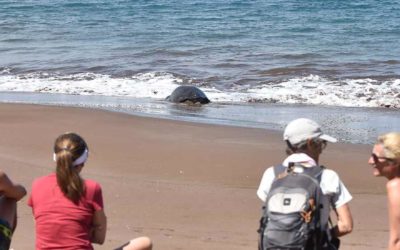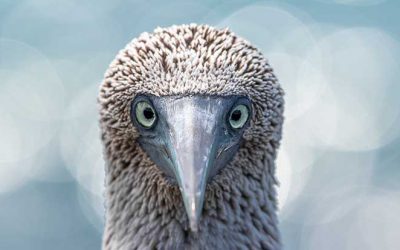Covid-19: An invisible traveler
Covid-19: An invisible traveler
Stay up to date with our most recent news and updates
Travel Without Fear
Over the last 3 months, the planet has been under strict lockdown due to quarantine and applying social distancing due to the COVID-19 pandemic that has been introduced in almost all areas of the world.
At the moment there has been a significant decrease in the number of infections, that is why some countries mainly from Europe and Asia are gradually leaving the lockdown of the quarantine. After that, the people try to resume their normal activities, among them trips, they doing mainly to outdoor places, surrounded by nature, with fresh air and avoiding crowds.
People know that the coronavirus is an invisible traveler, and therefore they take into account all the biosafety measures to take care of their health.
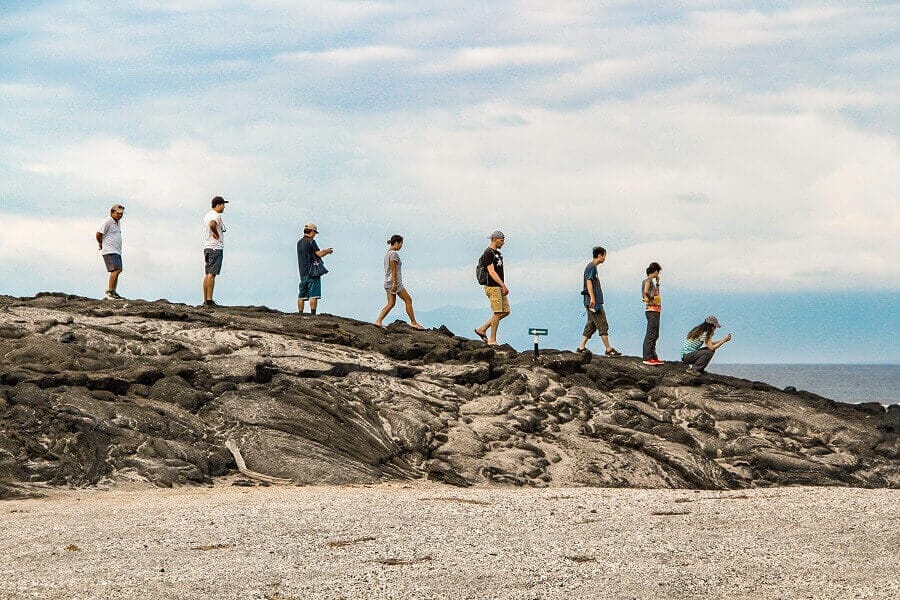
People walk keeping the distance when doing the activities in Galapagos National Park.
Several epidemiological scientists from respected universities such as Harvard and Johns Hopkins, in addition to the World Health Organization, recommend that social distancing, meeting with small groups are the most effective measures to prevent once again the spread of the coronavirus.
The World Health Organization and the Travels
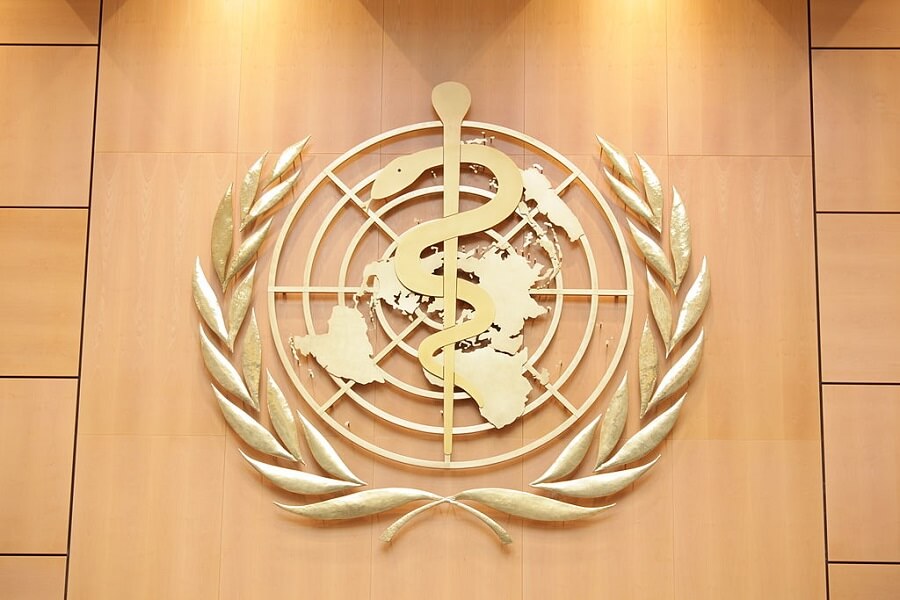
World Health Organization, has not issued any travel restrictions.
The World Health Organization (WHO) has not issued any TRAVEL RESTRICTION, but yes, it has made some basic safety recommendations, such as:
REGULAR HAND HYGIENE
Follow the directions for hand hygiene regularly, particularly after coming into contact with respiratory secretions. It is highly recommended to wash your hands with soap and water, or with an alcohol-based solution.
COVER YOUR NOSE AND MOUTH
Cover your nose and mouth with the inside of your elbow or with a tissue when you cough or sneeze, throw the tissue in the trash immediately and wash your hands.
Avoid if possible touching your mouth or nose.
USE OF MEDICAL MASK
It is not necessary to use any type of medical mask if there are no symptoms. However, if you do have to use them, it is essential to follow best practices on how to wear it, take it off, and dispose of it.
What happens to the environment inside an airplane cabin?
The WHO mentioned that an airplane cabin by itself is not the most favorable environment to spread the infection, because the virus is not in the air, it is transmitted by secretions, and it only lives on surfaces for short periods.
Airlines have established biosecurity procedures that will help prevent the spread of the disease in the event that someone on board is infected.
Airlines resume operations in Ecuador
The Quito international airport already re-open its operations as of June 1st, the airport personnel has implemented several adaptations regarding the infrastructure and procedures for the detection of COVID-19 in the international arrivals gates.
Airlines have also applied biosafety protocols and measures, you can learn more about those in our post “Open skies to Ecuador”.

Quito International Airport leaves the lockdown and will resume its operations.
Should I keep my travel plan canceled?
No, although if you want to feel more secure, you could re-schedule it. According to the WHO, there should be no restrictions on travel. The risk of contracting the virus is low in many countries.
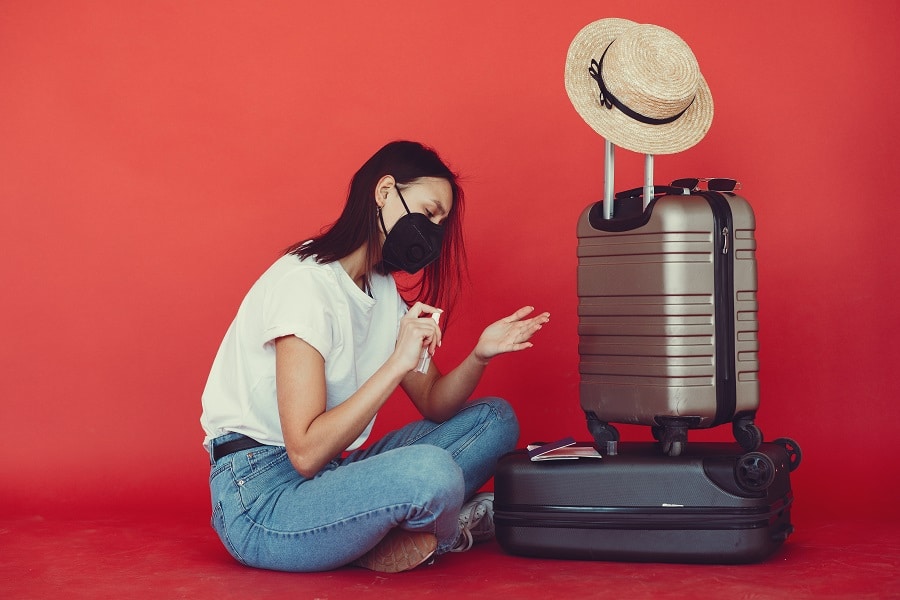
Can I plan a trip now?
No one expected something like what we are experiencing today, however, we believe this the perfect time to share more time with family, friends, couples, or even alone. Therefore, begin to build unique moments and treasured memories.
“Do not put off until tomorrow what you can accomplish today”
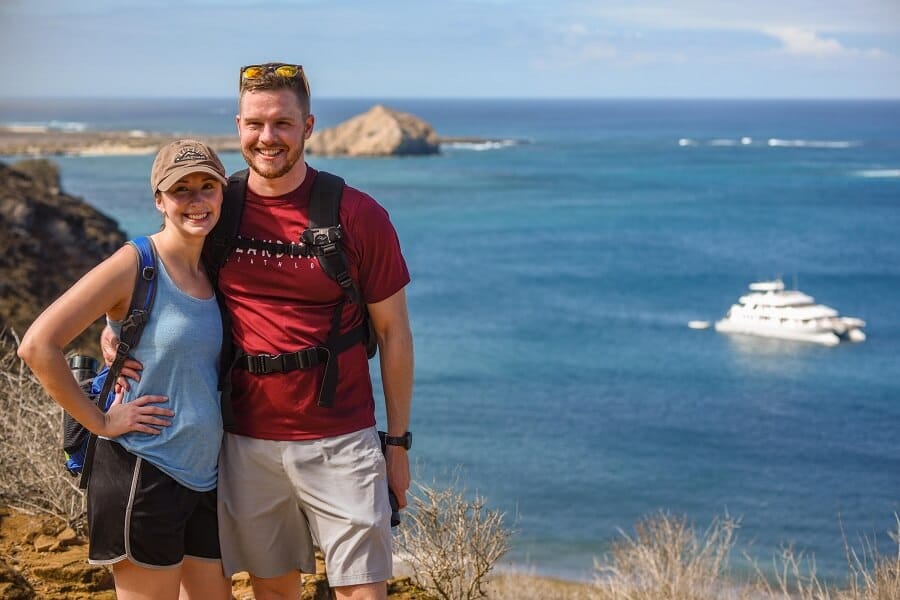
Travel after lockdow, activities outdoor and pure air, happy travelers in Galapagos, and behind the EcoGalaxy Catamaran.
As travel experts, we would like to invite you to travel, but we know that perhaps the time is not yet right, but nothing prevents you from starting to plan the best trip of your life, in a safe, professional, and personalized way.
Never stop your passion for travel!
RELATED POST
Traveling to the Galapagos Islands in 2022: tips, what to do, and how to book the best trip ever
Learn more about the Galapagos Islands and how to make the most of your trip to this natural destination with this quick guide.
Blue-footed Booby Interesting Facts
The blue-footed boobies of the Galapagos Islands, as beautiful as they are unique. Discover here some interesting facts about them.

